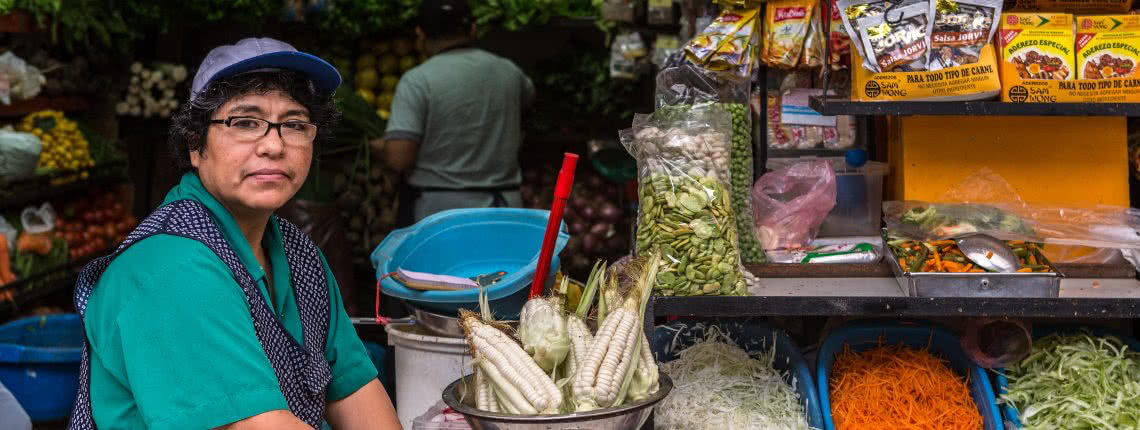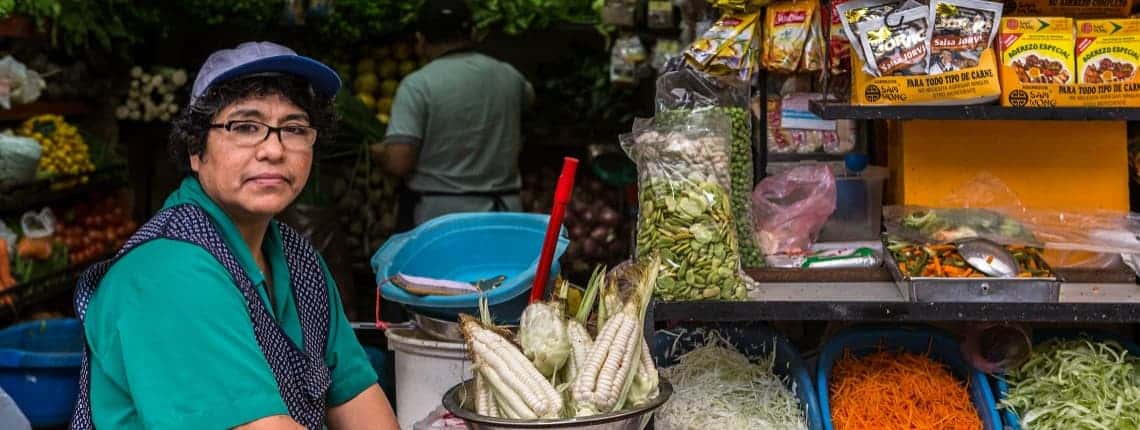All posts in Building Collective Power
-
 Jun
08
2019
Jun
08
2019
WIEGO at the International Labour Conference 2019
- June 8, 2019 - July 21, 2019
-
ILO Headquarters
Geneva, Switzerland
A historic instrument on Ending Violence and Harassment in the World of Work was adopted at the International Labour Conference (ILC) in...
Details -
 Post
Building Collective Power April 29, 2019
Post
Building Collective Power April 29, 201961 % des travailleurs et travailleuses du monde entier se battent encore pour une journée de travail de 8 heures
Après la grève pour demander entre autres la réduction de leur temps de travail à Chicago, il y a 133 ans, qui a donné lieu à la fête du...
Read More -
 Post
Building Collective Power April 29, 2019
Post
Building Collective Power April 29, 201961% of the world’s workers still fighting for 8-hour day
133 years after the Chicago working-time strike that gave rise to May Day, 2-billion workers continue to fall outside regulations for working...
Read More -
 Post
Building Collective Power March 21, 2019
Post
Building Collective Power March 21, 2019Invisibilité à Dakar : les travailleuses de l’économie informelle s’affirment contre
À Dakar, au Sénégal, les femmes font face, hier et aujourd’hui, à des inégalités économiques et sociales — de l’analphabétisme à la pauvreté,...
Read More -
 Post
Building Collective Power March 21, 2019
Post
Building Collective Power March 21, 2019Women Informal Workers Challenge Invisibility in Dakar
In Dakar, Senegal, women continue to face economic and social inequities — from illiteracy to poverty to gender discrimination — but it’s...
Read More -
 Post
Building Collective Power March 08, 2019
Post
Building Collective Power March 08, 2019L’égalité des sexes : les travailleuses pauvres redéfinissent la voie à suivre
En cette Journée internationale de la femme, WIEGO lance une série d’un mois sur la vie des femmes travailleuses de l’économie informelle....
Read More -
 Post
Building Collective Power March 08, 2019
Post
Building Collective Power March 08, 2019Las mujeres pobres redefinen la forma de lograr la igualdad de género
Con motivo del Día Internacional de la Mujer, WIEGO va a presentar una serie de artículos durante este mes de marzo para profundizar en las...
Read More -
 Post
Building Collective Power March 05, 2019
Post
Building Collective Power March 05, 2019Sisterhood: How Solidarity Led Indian Women to Take on Gender Discrimination
Nazma is home-based worker who has often found herself at the mercy of the sub-contractors who employ her. But now she has joined forces...
Read More -
 Post
Building Collective Power February 28, 2019
Post
Building Collective Power February 28, 2019New Project Explores How Waste Pickers Can Help Solve the Ocean Plastics Waste Crisis
A Q&A with Taylor Cass Talbott It’s hard to miss the shocking images of heaping plastic floating in the middle of the world’s oceans...
Read More -
Post
Building Collective Power November 06, 2017Trabajadoras y trabajadores a domicilio de América Latina celebran la puesta en marcha de una nueva organización regional
Los y las trabajadoras a domicilio de América Latina han dado un importante paso con la creación de un frente unido que luche por su visibilidad...
Read More